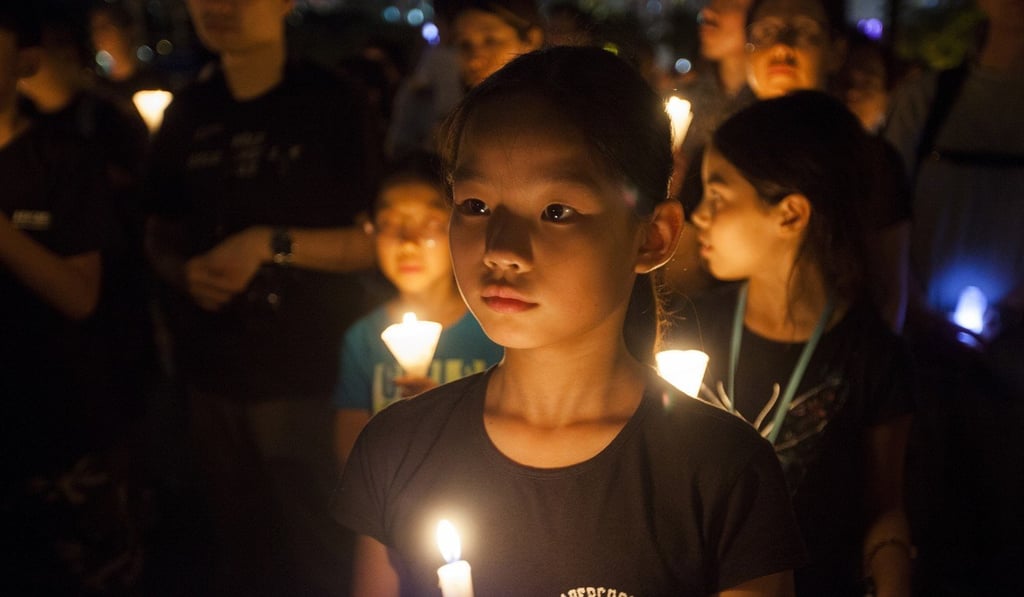China Briefing | China’s May 4 and June 4 Tiananmen protests: Communist Party only sees patriotism where it suits
- China on Saturday marks 100 years since the May Fourth Movement. Love for the nation was also at the core of 1989’s student protests, but officials have been trying their best to obscure that legacy

China held an elaborate televised ceremony on Tuesday to celebrate the centenary of student protests in 1919 known as the May Fourth Movement, which helped transform the country and pave the way for the birth of the Communist Party.
But the government will disregard the 30th anniversary of another student demonstration in 1989 that preceded its bloody crackdown on June 4. The latter protest may be less seminal in China’s modern history, but its core spirit should not be obscured.
“History has profoundly demonstrated that patriotism has flowed in the blood of the Chinese nation since ancient times,” Xi said.

A century ago on Saturday, the mass student demonstration erupted after a decision by the Western powers to hand over the colonial possessions of a defeated Germany in Shandong province to Japan. Major nations met in France to draw up a treaty to divvy up the spoils from the first world war, but China’s interests were completely ignored despite it being on the winning side.
